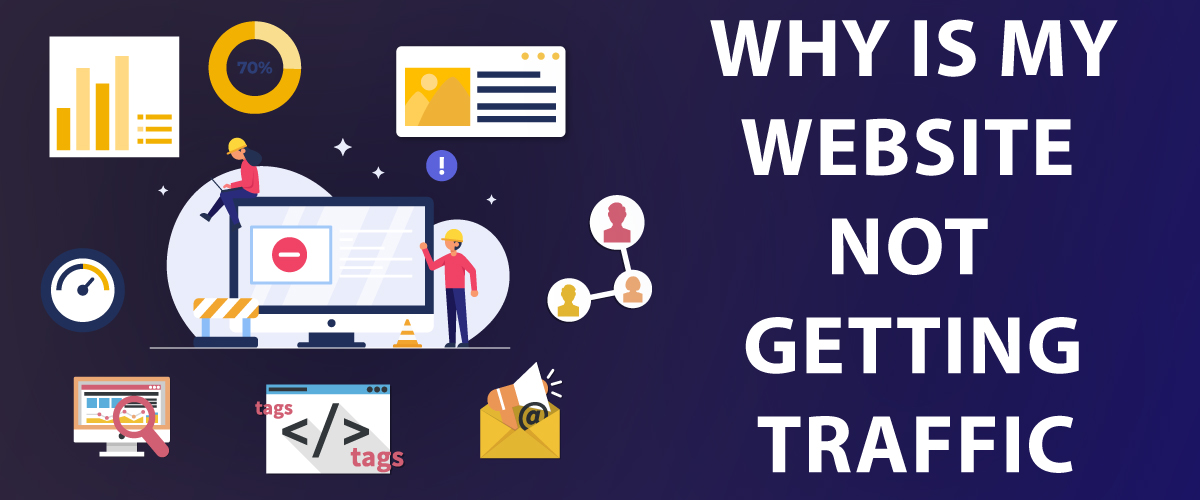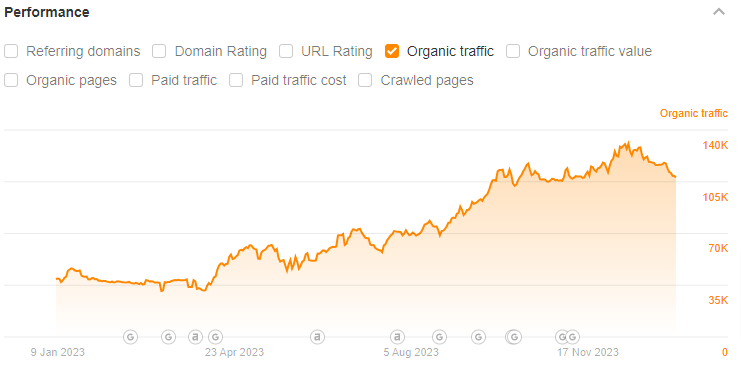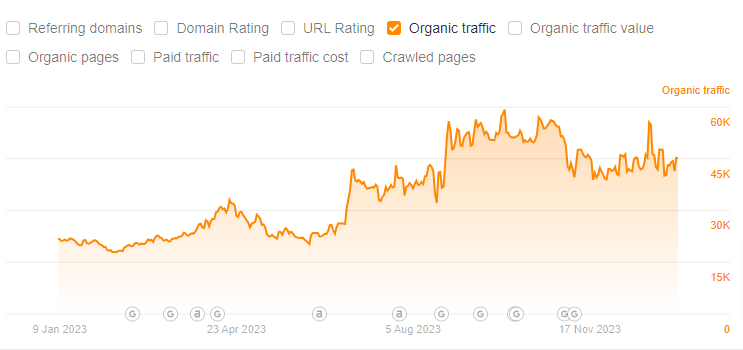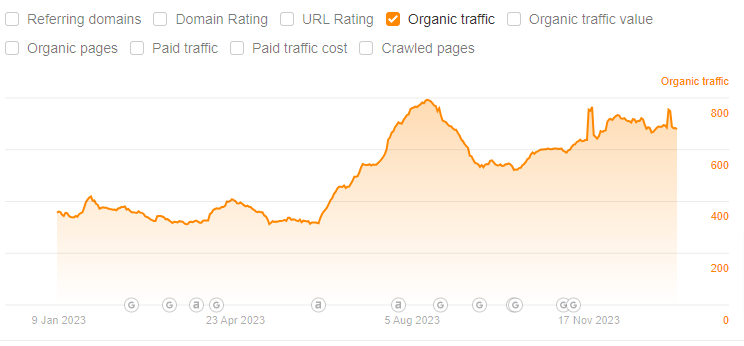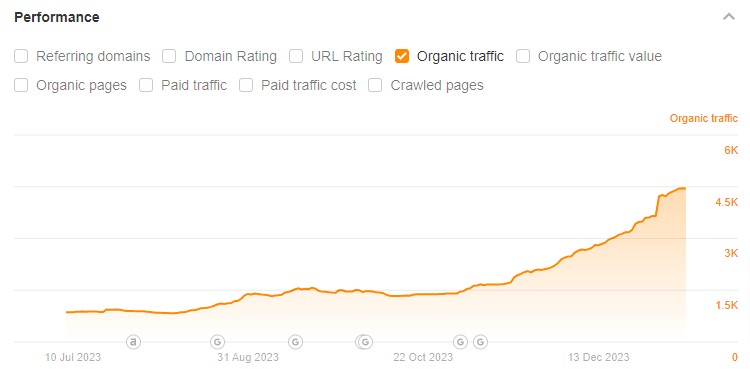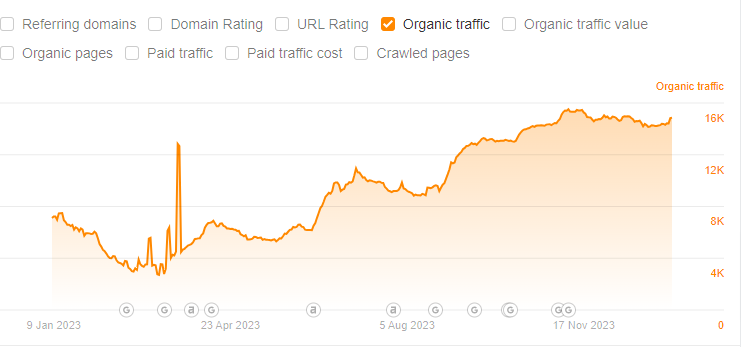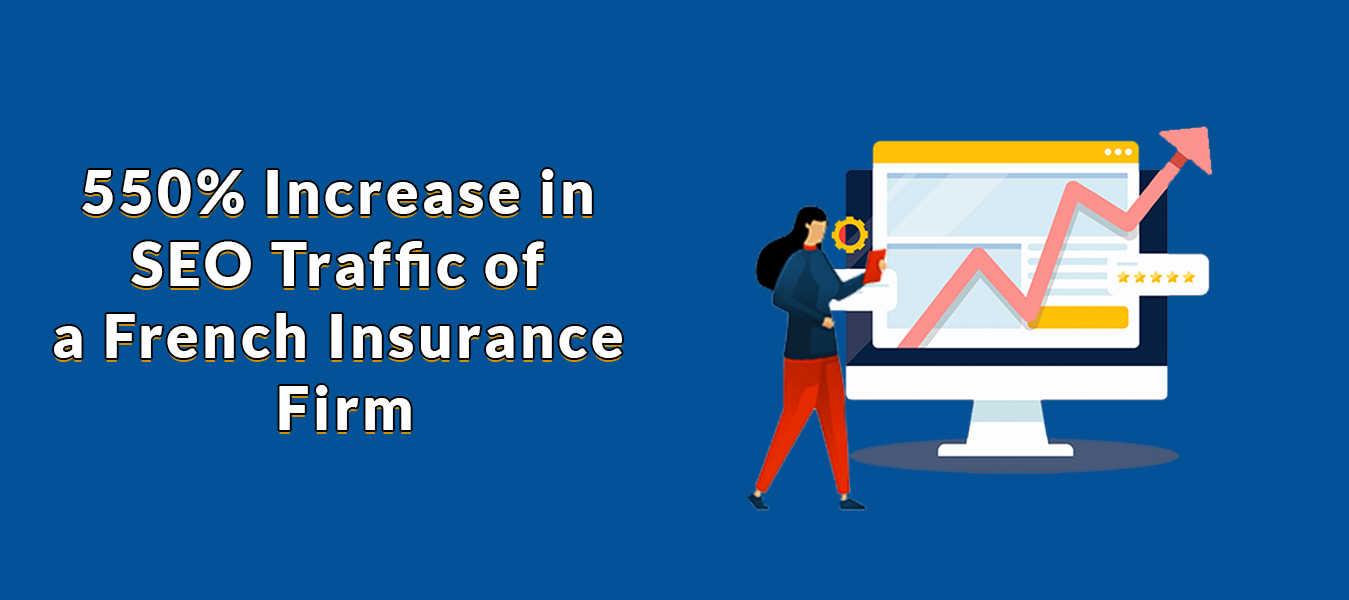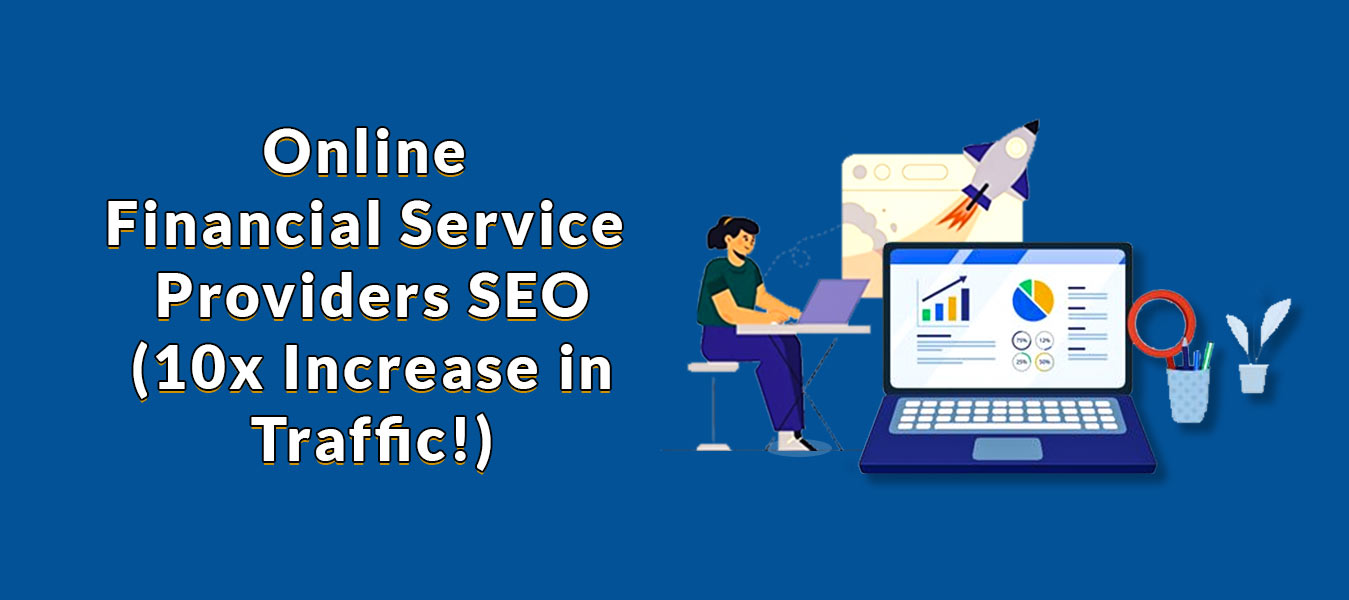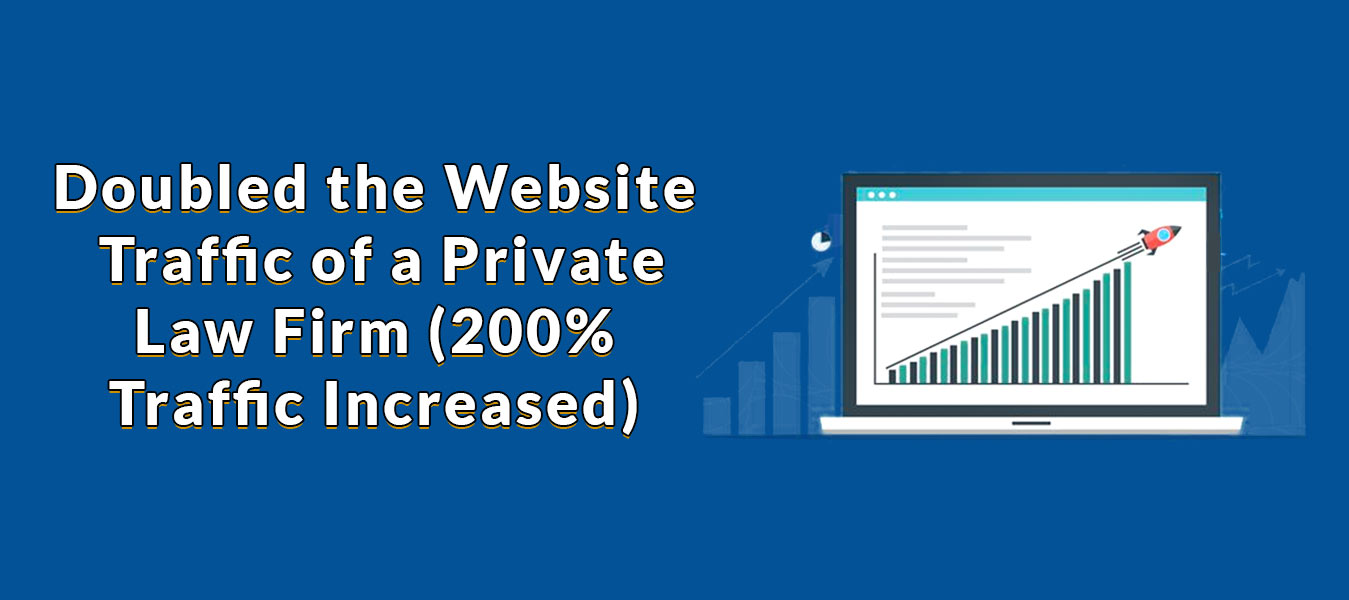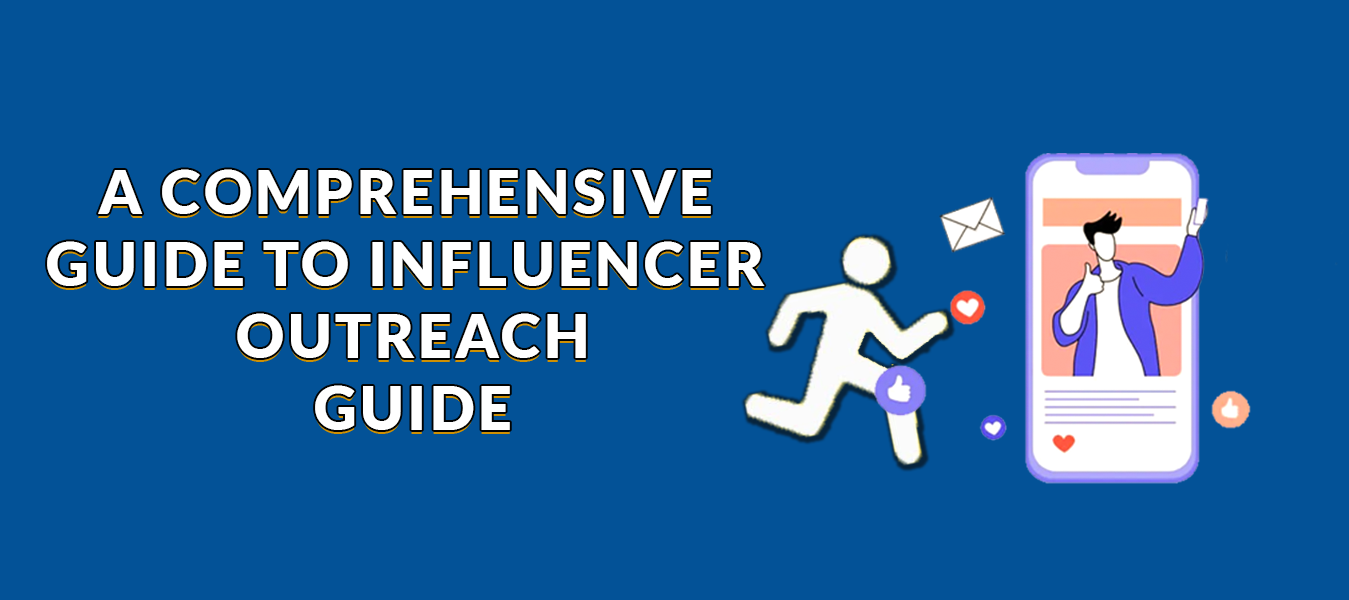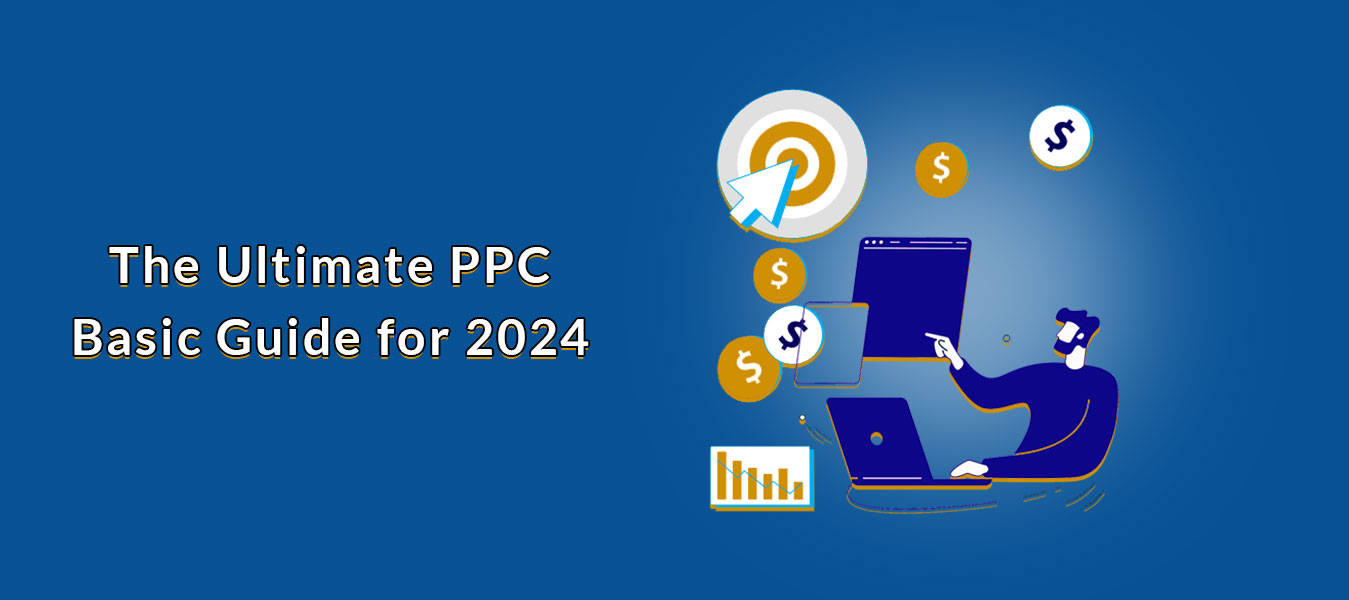• How they can solve this issue without tapping on any trouble
• Tips and tricks to improve search rankings
“Why Is Your Website Not Getting Traffic?”
You can hear the outcry of many website owners in this question who have…
- Setup an awesome website
- Spent a lot on its design and development
- Written irresistible content
- Beaten their competitors in services
… but still, they end up thinking why my website is not getting any traffic?
Now, this is a very painful question.
And it gets even more painful when you know there exist such websites in the online world with millions of organic searches.
If you think that these websites do some magic, you are legit to think like that – especially with the minimal traffic in your bag.
But we all know that there isn’t anything like magic in the online world. Whatever happens, has a strong reason behind it.
There is good news for you, however.
You are not alone who is not getting any website traffic.
According to HubSpot, 63% of marketers struggle to drive traffic to their websites.
So this is a common problem for many web owners.
But does it mean that it is the end of your business world?
The answer is “no”!
If you find out the cause and work to resolve it, you can also become a part of those website owners that get hundreds of traffic every day.
Believe me, because you really can!
Why is Organic Traffic Important?
- Paying for Google ads is good.
- Investing in affiliate marketing is happening.
- Influencer marketing is another popular mania.
But nothing can beat the power of getting organic traffic.
Why? Because organic traffic makes up the major part of a website’s traffic.
Source: BrightEdge(2014)
Forget about your efforts and investment spent on a paid ad and social media engagement; organic traffic still manages to take away the cherry on the cake.
What is organic traffic?
To understand it, type in any keyword, and you will get your answer.
Now, what happened here?
- Number 1: You entered your search query in the search bar.
- Number 2: Within seconds, you got search results.
So you reached the required search results through Google’s search bar.
Everything happened organically without the aid of any third channel.
And this process is the main source of driving traffic to a website.
Part of the reason is also that people trust organic searches more than PPC ads.
Wait, the perks of organic traffic have not ended yet.
Organic traffic is also easy to convert because they have laser targeted search intent. So they are almost ready to buy from your site.
So now you know organic traffic is what you should be targeting.
But what if you are stuck in trouble?
Here is your answer to the question of why I am not getting traffic to my website:
Why Is Your Website Not Getting Traffic?
There could be many reasons behind, “why is your website not getting traffic.”
From outdated marketing practices, poor SEO push, and difficult website navigation to targeting difficult keywords, anything can play the devil card.
The issue is that running an online business and marking a strong online presence is not easy.
Because:
Businesses in the online world are floating in cyberspace.
They have a website that represents their business. GREAT!
But the mother of all problems is:
Unlike the physical world, there are no…
- Online roads
- Signboards
- Maps
- Directions
…to reach your website.
The search engine is everything to get organic traffic, and you have to bring the best out of it.

So whenever we tell our client that why is your website not getting traffic, we always tell them one thing: because you are not making Google happy.
Here is what you might be skipping from your whole formula of driving traffic to your site:
REASON # 1: You are Not Focusing on SEO
SEO is no more a fad used by marketers to gain customers.
It is the reality of the online world and the only way to bring organic traffic to your site.
According to the Search Engine Journal, 93% of online experiences start with a search engine.
That’s why many companies are focusing on improving their SEO.
Think: Is your company prioritizing SEO?
If your answer is ‘no,’ it is time that you start working on it.
Remember that SEO is not a magic trick. It takes time to work, but once it starts working, you wouldn’t need to think about why my website is not getting organic traffic.
Why? Because it will automatically be getting a fair chunk of organic traffic.
Let’s see what you should be doing.
#1: Off-Page SEO
Off-page SEO includes everything you do other than on your website to improve your optimization.
It includes:
- Link building
- Social media engagement
- Influencer marketing
- Affiliate marketing
- Guest posting
- Brand mentions
#2: On-Page SEO
On-page SEO includes everything you do on your page to enhance its visibility and drive more traffic to your site.
It is mainly based on:
- Writing valuable content
- Using the right keywords at the right place
- Putting keywords in Meta Title
- Creating engaging Meta Description
- Internal Link building
- URL structure
- Quality outbound links
- Readability and UX
#3: Technical SEO
Technical SEO is based on every technical aspect of your website that you manage to enhance search visibility.
Like:
- Indexation
- Site speed
- Site architecture
- Navigation
- User-friendliness
- Mobile optimization
It shows that SEO is not just content writing, adding the keywords, and fetching links.
It is a whole world that keeps on changing. So you should focus on all possible aspects if you want to outrank your site and drive traffic.
Because if you wouldn’t do it, your competitors will. You have to choose where you want to stand in the ranking competition.
Here are a few ranking factors in terms of significance to ease out your pain:
Source: SparkToro
Reason # 2: Using Incorrect Link Building Practices
Another reason behind the tension: I am not getting traffic to my website is that you might not be doing your link building correctly.
Now, after Google unleashed the Penguin algorithm, we already know that there is a good and a bad side of link building.
But what most people don’t know is that there is also a correct and incorrect side of white hat link building.
Even if you are not using any PBNs, networks, link farms, or low-quality link submission directories, you can still go wrong with your link building practices.
Google considers many things to judge if a link is of high quality and worth considering or not.
Here is what it takes to make your link valuable:
- High-Quality Sites: Get a link from an authoritative site with good domain authority.
- Choose Relevant Sites: Get links from only niche-specific sites to drive qualified and relevant traffic.
- Contextual Links: Place your link editorially while being surrounded by good content.
- Diverse Link Profile: Don’t fetch links from only one site and through only one way. Use multiple white hat ways and different websites to get quality links.
- Link to Different Pages: Do backlinking for different pages. Don’t invest your whole link building budget for increasing the authority of a single page.
- Right Anchor Text: Use the right anchor text that doesn’t seem like over-optimization and also tells what the linked page is about.
Check out this checklist and see if your link building practice is following these essential elements.
If not, you are on the wrong track. Start following them to get closer to your site.
Reason # 3: Use of Highly Competitive Keywords
Keywords are the map that Google uses to show your site in front of the targeted query.
So using the right and targeted keywords are important parts of meeting the right audience and driving targeted traffic.
But here is a thing:
We all want to target keywords that have more search volumes to reach out to more and more people.
But using keywords with more search volumes means that more businesses are pursuing them. In other words, the competition is tough.
So if you are a new business with a fresh online presence and less friendship with Google, it gets hard to rank for highly competitive keywords.
Here you can use MWL Technique, which means ‘more with less.’
In this technique, you start targeting medium or less competitive keywords with fewer searches but are easy to rank.
This way, you start getting a small number of traffic rather than not getting any traffic.
Once Google starts seeing some audience engagement and presence on your website, it starts increasing your site’s authority.
And once you become authoritative enough, you can target highly competitive keywords as well.
Because then you will have the reason and authority to stand tall in the deluge of competition.
REASON # 4: High Bounce Rate of Website
Google keeps a close eye on how the traffic interacts with your website.
In other words, it checks:
- How much time it spends on your site
- Does it go to other pages
- How much page it scrolls
- Does it interact with the website
- Does it reach to call-to-actions
If the answer to all these questions is negative, it signals Google that your site has a high bounce rate.
In other words:
It is not fulfilling the requirements of the users and is not friendly.
Unfortunately, according to a study, Google considers the bounce rate as a signal to rank a page.
Source: Backlinko
So if your website has a high bounce rate, it shows Google that your website is not the right fit for the users against a query.
So it stops showing you in the search results.
And what does it mean? No traffic!
So work on factors that are triggering your page’s bounce rate.
REASON # 5: Google isn’t able to Crawl your Site
You can’t expect to get indexed in Google’s data source if its bots are not able to crawl your website.
No matter how good your content is and how the right keywords you have placed, if Google is not able to understand and crawl your content, forget about optimization.
So one of the reasons why is your website not getting any traffic is because maybe your site’s structure is not crawler-friendly, and Google is having difficulty understanding it.
There could be two reasons why Google fails to crawl your site properly:
#1: Poor Site Architecture
It is one of the most common reasons that obscures a site from getting crawled.
How you design your site, create internal links, and provide navigation plays a major role in making things easier for the search engine.
So don’t create a complex site structure that looks like a labyrinth to Google.
Don’t make your website a testing phase to judge Google’s bots intelligence. Make things easier for them as much as you can.
#2: Blocked Search Engine from Crawling
If your pages are not getting indexed and your website is not getting traffic, it might be because you accidentally blocked Google from crawling your site.
Yes, it can happen.
Changes in administrative site settings and robots.txt file can stop Google from crawling your website.
Robots.txt file simply tells Google which pages to ignore and which pages to pay attention to.
Normally it takes around 48 hours for a website to get indexed.
If you face any delay after that time, you better check out if there is any problem in your setting or submitted file that might have presented Google’s bots with incorrect site crawling and indexing information.
REASON # 6: Your Content Doesn’t Match with User’s Intent
There is a rule of thumb for creating convertible content:
Tell users what they want to know rather than telling what you want to say.
Remember that it is your website, but you are creating it to attract traffic.
If your content doesn’t match why the user landed on your page, it is left with no reason to stay on your age.
Result? Say bye-bye to the traffic.
And now, Google is also keeping a close eye on if you match the user’s search intent or not.
In new Quality Guidelines, Google has dedicated a whole section talking about matching user’s search intent.
So while creating content, think from an end user’s perspective rather than your needs.
REASON # 7: You are Just Creating Content, Not Promoting it
You have created amazing content, and now you are waiting for traffic to hit your site while sipping your tea, but the traffic is not coming, right?
That’s a common problem!
Creating amazing content is important; in fact, very important.
Businesses also understand its significance.
But nobody will know about it if you will not promote it.
That’s the simplest answer to your query: why is your blog not getting traffic.
Unfortunately, creating amazing content is not enough to rank higher on Google. There are many other factors at play.
So instead of waiting for SEO to work (that is going to be time-consuming, by the way!), it is better that you should start moving your needles on your own: Promote your content.
Here is how to fix things:
Content promotion is time taking because just sharing your content on social media accounts is not going to help you in full force.
So here is what else you should be doing:
- Sending newsletters to subscribers
- Influential marketing
- Distributing content on different communities of professionals
- Sharing content on niche-specific communities on Reddit
REASON # 8: Your Website Doesn’t meet E-A-T Criteria
Google has started giving significance to E-A-T more than ever before.
E-A-T stands for:
- Expertise
- Authority
- Trustworthiness
This all started when Google launched its Quality Guidelines in 2015 that showed Google now doesn’t only want to give the most relevant information to its customers but also the most trusted and correct information.
That’s when E-A-T entered into Google’s ranking algorithms.
So is your blog not getting traffic? It might be because you are not able to prove to Google that:
- You are an expert in your niche.
- You hold a certain standard and are considered as an authority in your industry.
- You are trustworthy because you are giving out the right information.
This issue can be resolved if you give your authoritative link profile on your website that shows your work experience and horizon of expertise to show you as trustworthy.
REASON # 9: Your Content is Not Sufficient
It is an old story that Google has a thing for content.
It has different parameters to judge the quality of the content.
Here are a few mentioned website quality parameters in Google’s guidelines.
You can see that out of 13 quality guidelines, 6 are directly or indirectly related to content creation standards.
So Google wants you to treat your website’s content very carefully by inducing value, information, and uniqueness.
But that’s not the only thing Google demands from you.
Quality of content also matters – but it should be valuable.
If your competitors’ website has in-depth and valuable content that covers all the possible dimensions of the topic, but your content is valuable but not all-inclusive, you are at a disadvantage.
For example, here I searched for a keyword…
…and found that between the two organically ranking websites, the top-ranking website contained more content.
So if your website is not getting ranking and missing out on traffic, it might also be because you haven’t written sufficient content compared to your competitors.
It is time to give a fresh splash of more quality content to your website to show Google that you are a powerhouse of information – to get more traffic.
Conclusion
After reading this blog, you can see that the trouble behind my blog is not getting traffic is mostly your own negligence.
Google has no biasness or grudge against anyone. And it also doesn’t favor anyone.
It has certain quality and ranking guidelines; if you follow them, you can also drive traffic to your site.
So do a complete audit of your site, analyze your strategy, and check your current plan to see where you are standing and how you can change things for the better.
Once you know this, driving qualified traffic becomes easier and hassle-free.


